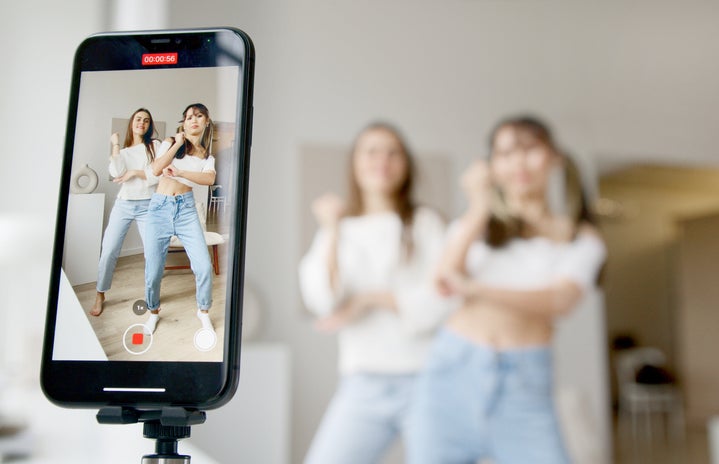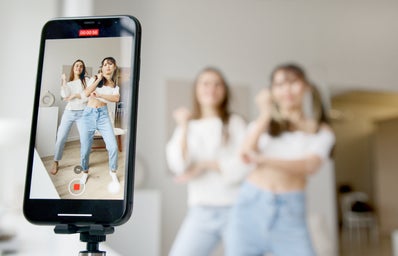Remember those early days of YouTube? Grainy footage of people talking to their webcams, sharing makeup tutorials, or documenting their epic fail attempts at skateboarding. It felt raw, real, and strangely captivating. Fast forward to today, and vlogging has exploded. The rise of affordable internet has turned us all into potential content creators, with every house potentially harbouring a YouTube or Instagram star. But hold on a sec, is this constant stream of vlogs all sunshine and roses?
Let’s face it, the sheer volume of vlogs has become overwhelming. We’ve gone from “check out this cool trick!” to “watch me brush my teeth!” Amidst the saturation of vlogs, the essence of storytelling often gets lost. Remember when vlogs used to have a purpose beyond just documenting daily routines? They would transport us to different worlds, teach us something new, or make us feel deeply connected to the vlogger’s experiences. Now, it seems like everyone is vlogging just for the sake of vlogging, without any real substance or narrative arc. The pressure to churn out content has led to a decrease in quality. We’re bombarded with vlogs documenting every mundane detail – breakfast choices, commutes to work, even trips to the dentist. And hey, there’s no shame in a good breakfast vlog, but is the world really clamouring to see everyone’s morning toast routine?
The bigger concern is the erosion of personal boundaries. Vloggers often film themselves in intimate settings, blurring the lines between public and private life. Imagine trying to relax at a restaurant only to have someone shove a camera in your face for their “Foodie Adventures” vlog. Pranks, once a source of amusement, have morphed into potentially dangerous stunts, with bystanders and unsuspecting victims caught in the crossfire for the sake of “hilarious content.”
The pressure to curate a picture-perfect life is another dark side of vlogging. Couples document their seemingly perfect marriages, families share every milestone of their children’s lives, and travel vlogs showcase only the most breathtaking scenery and luxurious experiences. This creates an unrealistic portrayal of life, leaving viewers feeling inadequate or envious. The lines between living and vlogging blur further as people start planning experiences or even having children solely for the purpose of creating content. The pursuit of the perfect vlog moment overshadows genuine experiences.
Moreover, the pressure to maintain a constant online presence can take a toll on vloggers’ mental health. The need to always be “on” and share every aspect of their lives with the world can be exhausting and emotionally draining. Behind the smiles and perfectly curated moments lies a reality of stress, anxiety, and burnout. Many vloggers struggle with balancing their public personas with their private lives, leading to a sense of identity crisis and loss of authenticity.
Additionally, the monetization of vlogging has led to a culture of consumerism and materialism. Vloggers often promote products and services, blurring the lines between genuine recommendations and paid endorsements. Viewers are bombarded with advertisements disguised as content, making it increasingly difficult to distinguish between what’s real and what’s sponsored. This commercialization of vlogging further undermines its integrity and authenticity, turning it into just another marketing tool rather than a platform for genuine expression and connection.
Tourism is another casualty of the vlogging craze. Pristine locations get overrun with influencers trying to capture the perfect shot, often causing damage to the environment, or disrespecting local cultures. The authenticity of travel experiences suffers as people chase “Instagrammable” moments instead of immersing themselves in the local culture.
So, is vlogging all bad? Absolutely not! Vloggers can be storytellers, educators, and entertainers. They can connect us with new cultures, share valuable life skills, and make us laugh. The key lies in striking a balance. Vloggers need to be mindful of content quality, respect privacy boundaries, and strive for authenticity.
As viewers, we can be part of the solution. Let’s curate the content we consume. Support vloggers who create quality content, challenge unrealistic portrayals, and disconnect when the constant stream becomes overwhelming. Vlogging can be a powerful tool, but like any tool, it needs to be used responsibly. Let’s keep the good parts of vlogging – the creativity, the connection, and the ability to share experiences – and ditch the negativity. The internet doesn’t need another “unboxing” video, but it could definitely use more genuine stories and authentic connections.
Visit Her Campus at MUJ for more insightful reads!


